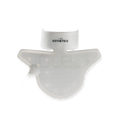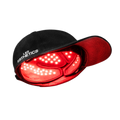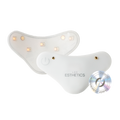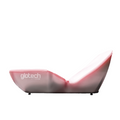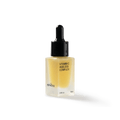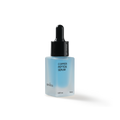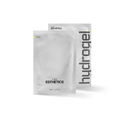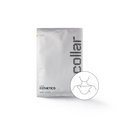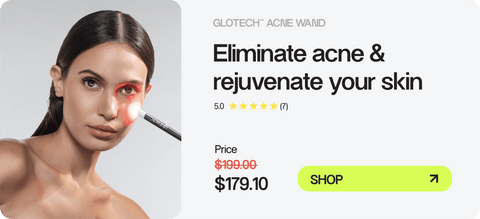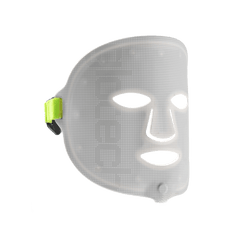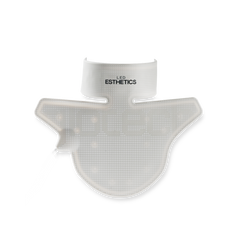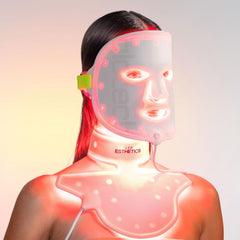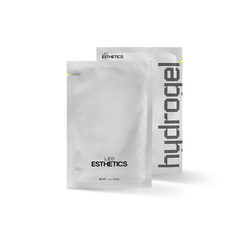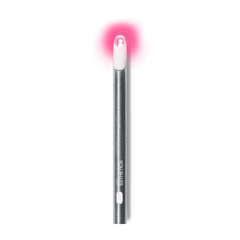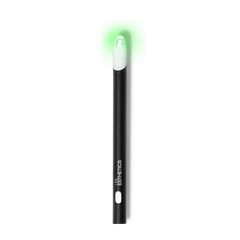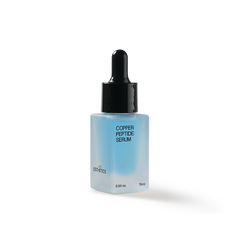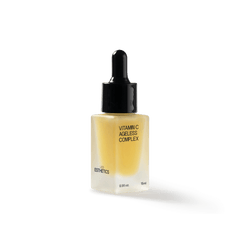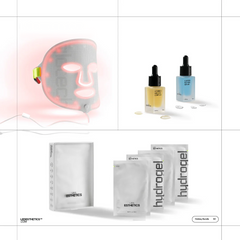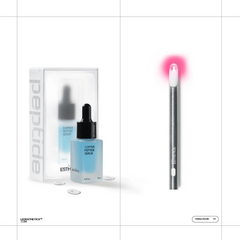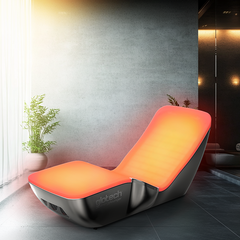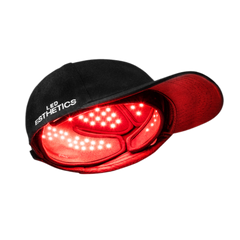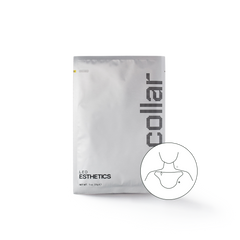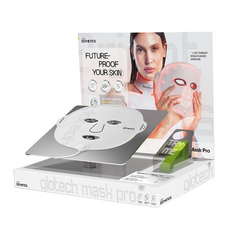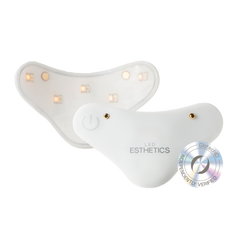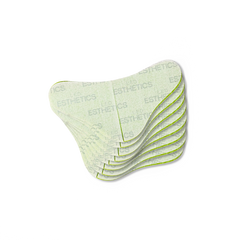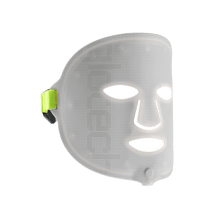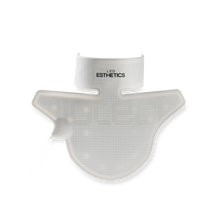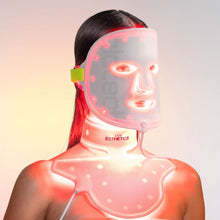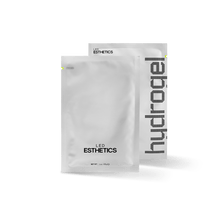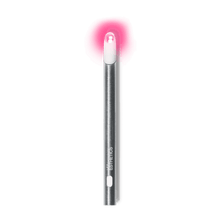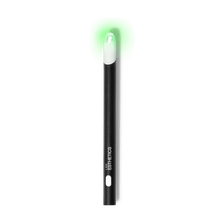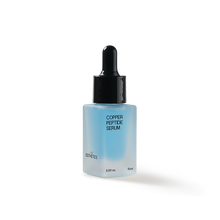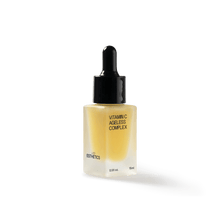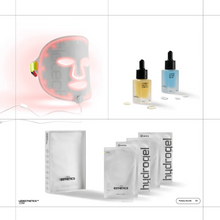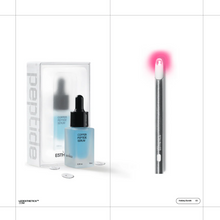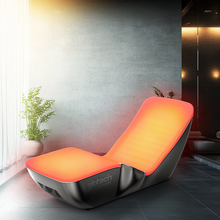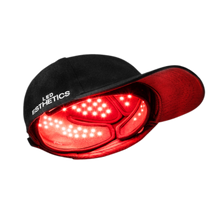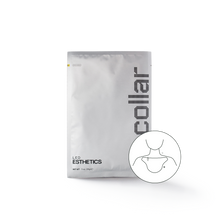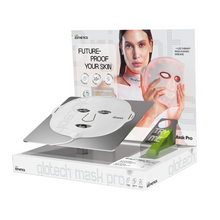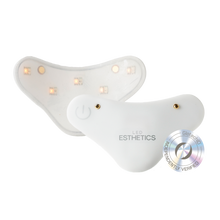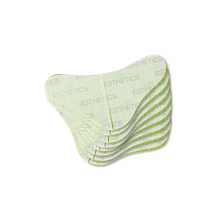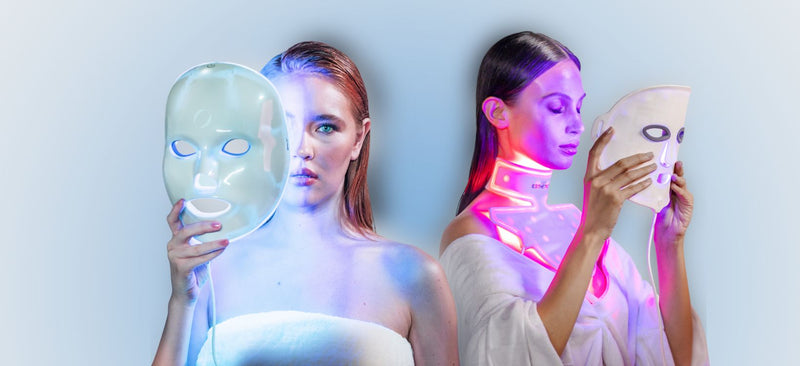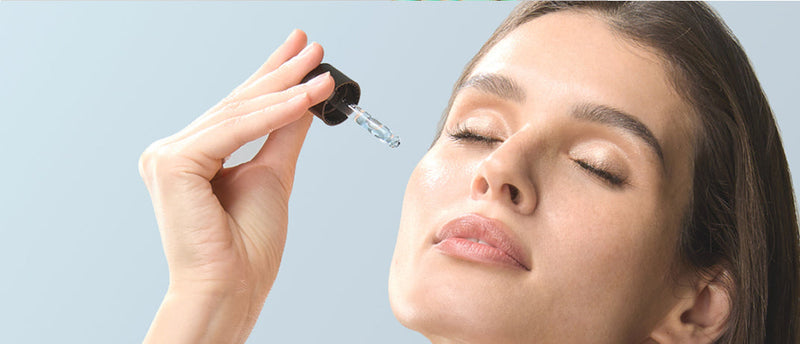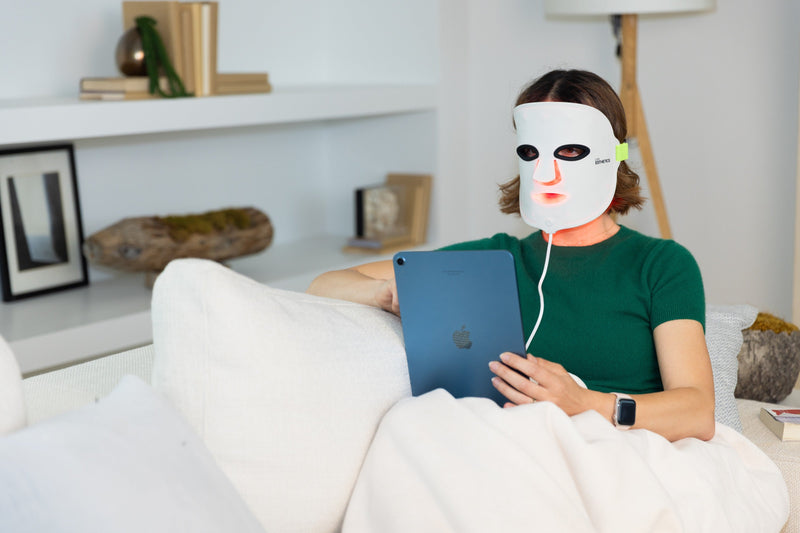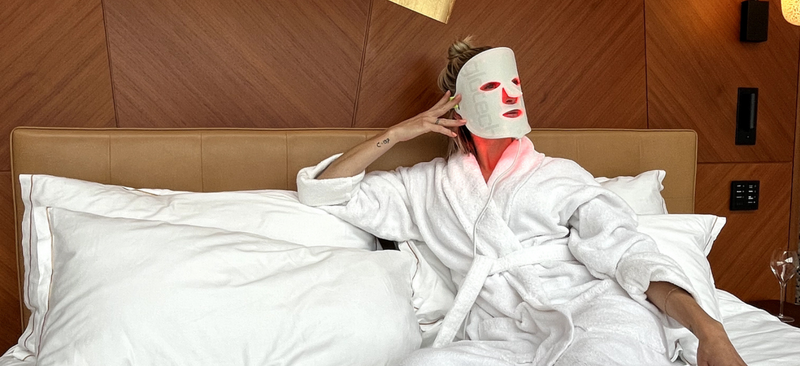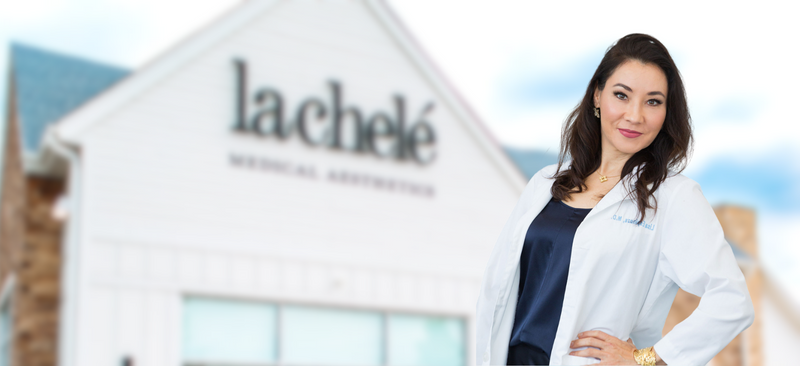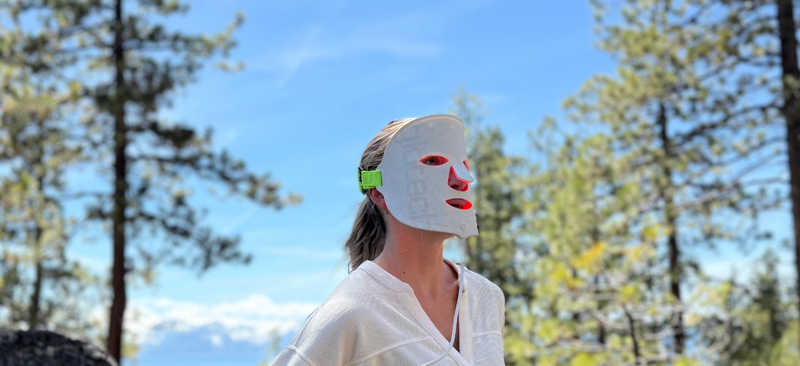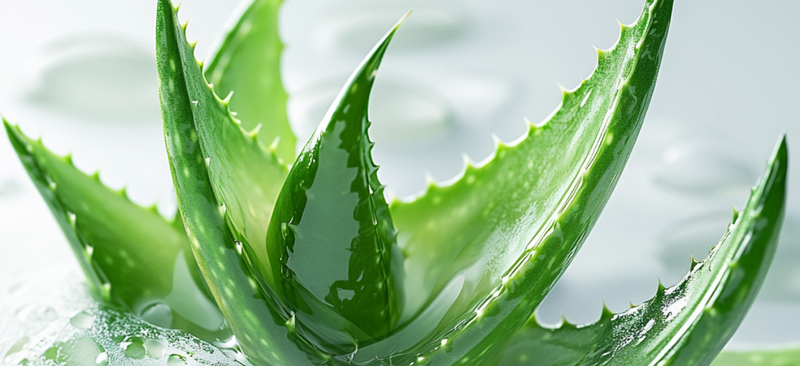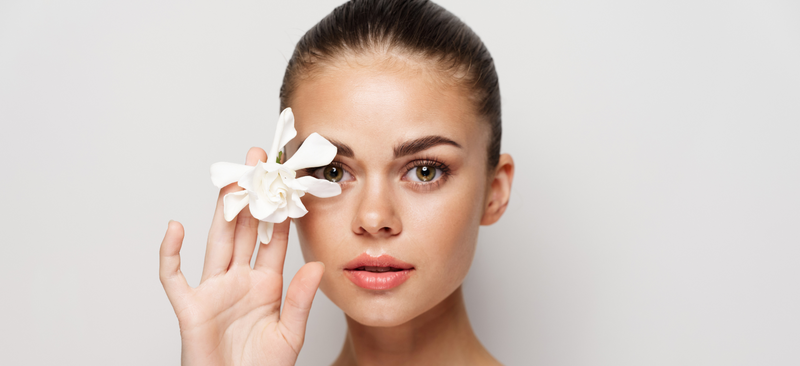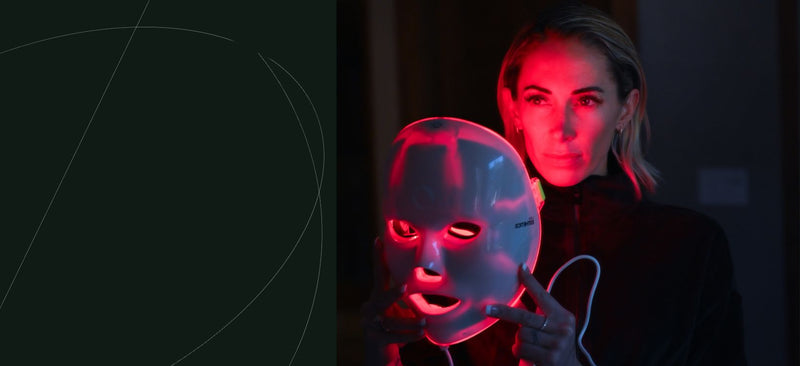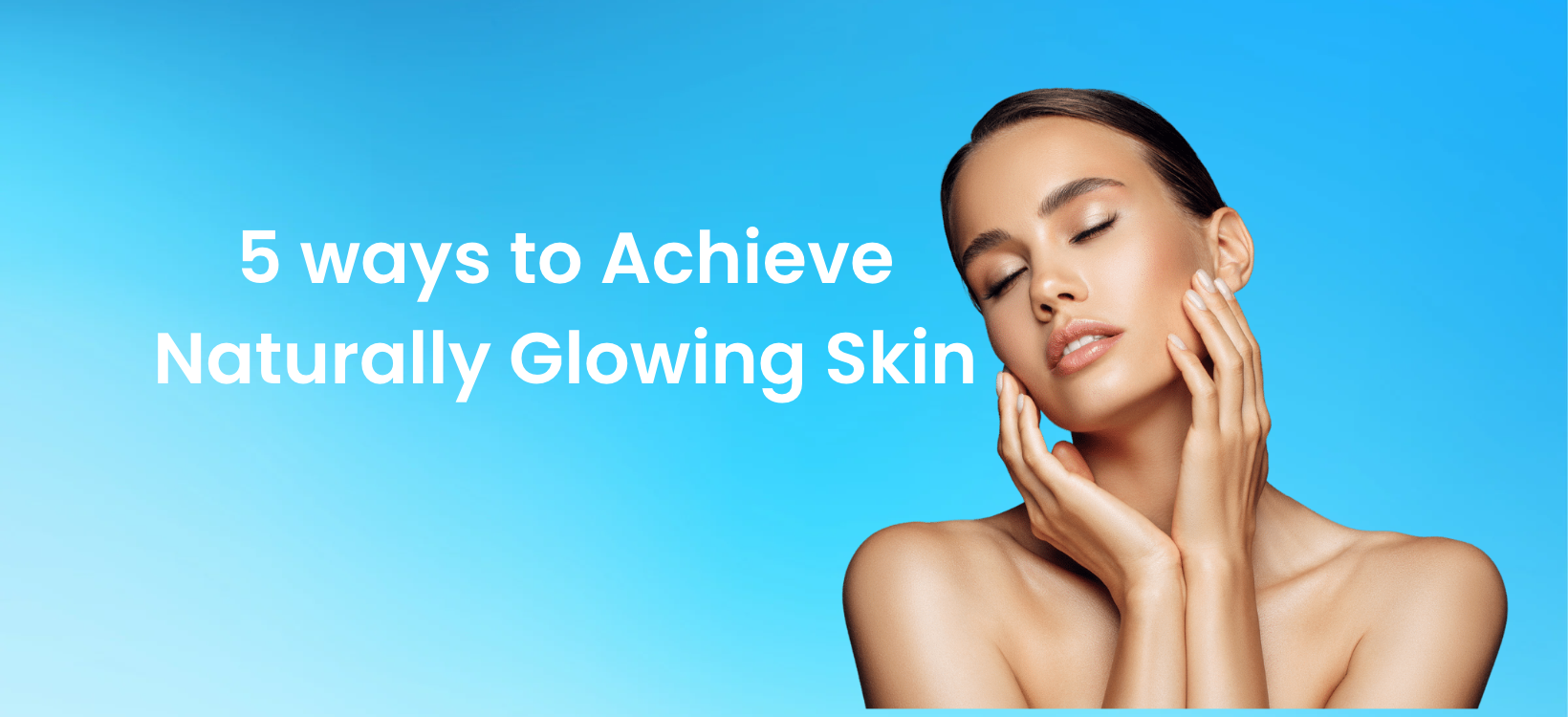
We’ve compiled our top 5 tips for achieving naturally glowing skin to ensure that you’re glowing from head to toe regardless of the climate you’re in
1. Eat right - say goodbye to the bad stuff
Even though lifestyle choices (including smoking and tanning) and genetics might affect and predispose your skin to bothersome diseases, the pursuit of a radiant complexion and healthy skin is not hopeless. Additionally, despite the fact that many cosmetics call themselves "skin food," the secret to keeping a healthy complexion doesn't come from a bottle. Beautiful, hydrated skin begins from the inside out, despite the fact that these cleansers and lotions provide a topical fix—a beauty band-aid if you will. And whether the greatest meals for radiant skin are on your plate will determine that.
Dr. Jessica Wu, M.D., a dermatologist in Los Angeles and the author of Feed Your Face, argues that a growing body of evidence indicates that what you eat might alter your complexion. "Food is digested and then flows to your skin through your bloodstream."
The appropriate diet can be a useful tool whether you're trying to treat acne, prevent premature aging, minimize the appearance of wrinkles, or combat another annoying skin disease. Researchers have discovered that including a few nutritious foods in your diet on a regular basis can help you battle skin problems by shutting off inflammatory genes and giving your body the resources it needs to strengthen and create healthy cells. According to Dr. Fred Pescatore, MD, a medical advocate for pycnogenol, author, and natural health expert, "Our skin reflects our health, and nourishing skin from the inside as well as the outside is a recipe for optimal outcomes."
To know more about which food is best for your skin, read the Best foods for Anti-aging
2. Get your enough sleep
Getting a good night's sleep is important for your general health and well-being, but it also turns out that the idea of beauty sleep has some basis in science. According to Francesca Fusco, MD, a dermatologist and assistant clinical professor of dermatology at Mount Sinai in New York City, "our skin rests and restores itself as we sleep." It's the finest time of day for the skin because there is no UV [ultraviolet] exposure and no active face muscles contracting.
Read: Can You Sleep Your Way to Healthier, Brighter Skin?
3. Exercise
The goal of acne-free, younger-looking skin involves more than just an excellent skin-care regimen. The key is to lead a healthy lifestyle, which includes regular exercise, a stress-relieving habit, and nutritious eating.
Physical activity plays a crucial part in skin health and attractiveness, even though you may have just thought of it as something you do to keep your heart healthy and maintain your weight.
Exercise has immediate benefits such as "enhanced blood flow to the skin and improved lymph flow, which minimizes eye puffiness," according to Miami dermatologist and author of The Skin Type Solution Leslie Baumann, MD. You have a more radiant glow as long as you aren't treating an underlying skin problem. (In fact, according to the National Eczema Association and the National Rosacea Society, exercise can aggravate the symptoms of illnesses like eczema and rosacea.)
However, there are several advantages to exercising for skin aging.
Read: The Scientific Reasons That Exercise Can Give You Better-Looking Skin
4. Incorporate serums to your routine
Applying serum is the one step in our daily skincare regimen that we dare not omit. The best face serums target a variety of skin issues at once and offer a highly concentrated, strong dose of active ingredients to the skin. Serums have the ability to transport smaller molecules deep within the skin, where they are most effective, whether they be antioxidants, hyaluronic acid, peptides, botanical agents, or any other number of components.
Read: Hyaluronic Acid 101: What Does Hyaluronic Acid Do and Who Should Use It
5. Use Light Therapy
In order to improve the skin, LED (light-emitting diode) light therapy penetrates the skin's layers without causing any harm.
NASA started investigating LED's potential to speed up the healing of astronauts' wounds by stimulating the growth of cells and tissues in the 1990s.
Today, a variety of skin conditions are frequently treated by dermatologists and estheticians using LED light treatment. To achieve the best results for you, skin specialists frequently combine LED light therapy with other treatments including lotions, ointments, and facials.
LED masks are among the many household appliances that you can purchase that use LED light therapy.
Read: Which LED Color & Device Is Best For Me?
Shop Light Therapy Devices



